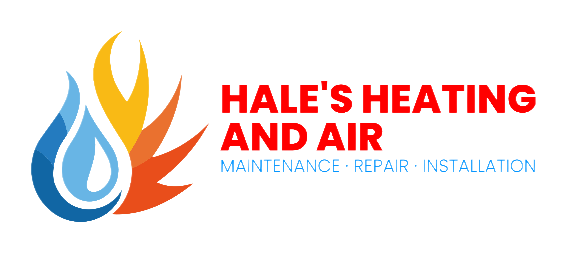FAQ FOR REPLACING YOUR HVAC SYSTEM
It’s a hot, humid day smack dab in the middle of summer in South Georgia. You have the AC cranking full blast to combat that special southern heat threatening to invade your home. Suddenly, the unspeakable… the unthinkable happens: your air conditioner shuts off and won’t turn back on. No one wants to imagine the possibility of needing to replace an entire HVAC system, but it is a reality that most people must face at some point. The process of replacing an HVAC system can sometimes be a bit overwhelming, especially when trying to make hasty decisions in the peak heat of summer. To make the process easier, here is a list of answers to the most frequently asked questions about replacing HVAC systems.
WHAT IS HVAC?
HVAC stands for Heating, Ventilation, and Air Conditioning. When using this shortened term, the entire heating and cooling system is typically being referenced. This includes indoor and outdoor units, air filters, duct work, registers, and controls. There are many different types of HVAC systems, and the type of system you need is determined by the square footage of the space you are working with and your heating and cooling needs.
WHEN SHOULD I REPLACE MY HVAC SYSTEM?
HVAC systems should be replaced if they frequently require repairs. A well-functioning system should only require routine maintenance and rarely need to be repaired. So if you have tried repairing your system many times, and it is still unable to properly heat and cool your home then you should replace the system. You should also consider replacing your heating and cooling system if it is more than 15 years old. Even if your system seems to be working fine, you could benefit from replacing it to save energy and money. Older systems are not as efficient and use more energy to run, so when you replace an old system with a new one, you can save money on energy costs as well as avoid expensive future repairs.
SHOULD I REPLACE ALL HVAC EQUIPMENT AT THE SAME TIME?
It is recommended that all HVAC equipment be replaced at the same time. If one part of the HVAC system breaks and needs replacing, you have the option to replace only that one part, but it is more efficient and cost-effective to replace the entire system. The different parts of the system must work together to heat and cool your home, so it is best to go ahead and replace all parts to ensure optimal harmony and efficiency of your HVAC system. Also, if one piece of HVAC equipment fails, it is likely that the rest of the equipment of the same age will soon follow. It is more cost-effective to replace the entire HVAC system all at once than to replace it one piece at a time as it breaks down.
WHAT SIZE HVAC UNIT SHOULD I GET?
The size of the HVAC unit you should install is dependent on the size of the space you are heating and cooling. The larger the square footage of the space, the larger the unit needs to be. If you install a unit that is too small for the space, it will have to constantly run in order to reach the desired air temperature if it ever does. This will cause your electric bill to increase. It works the opposite way as well. If you install a unit that is too large, you will also lose efficiency . The unit will heat or cool the air too quickly and will have to turn on and off repeatedly, which will result in a loss in energy efficiency and an increase to your electric bill. An HVAC professional can tell you exactly what size unit you need.
WHICH TYPE OF HEATING AND AIR SYSTEM SHOULD I INSTALL?
There are many factors that have to be considered when deciding on a type of system to install. The size of the space, environment, energy requirements, and your heating and cooling needs must all be considered. An HVAC professional can perform an assessment and consider all of the above mentioned to determine which system will best meet your needs.
HOW MUCH WILL IT COST TO REPLACE AN HVAC SYSTEM?
There are numerous components that contribute to the cost of replacing an HVAC system. Larger spaces require larger HVAC units, which cost more than smaller units. The construction of the space also affects the type of system needed and its cost due to some buildings being more susceptible to losing heat or cool air than others. The building’s location plays a role in the cost because different regions have different demands for HVAC systems.
The difficulty of the replacement process affects the overall cost as well. More complex installations will require more labor and parts. Additional features desired in an HVAC system will also influence the cost of the replacement. Some features cost more during the installation process but can save you money in the long run by improving system and energy efficiency. An HVAC company will take into consideration the cost of the unit and components, labor, and additional parts and materials needed to provide you with an estimate of the total cost of replacing your HVAC system.
HEATING AND AIR COMPANY NEAR ME
Hale’s Heating and Air has been providing quality heating and cooling services to South Georgia for several years. If you are looking to repair or replace your HVAC system, give us a call at 229-392-5768. We can schedule a free estimate or get our technicians out for a diagnostic visit. Let us help you fend off the summer heat.
